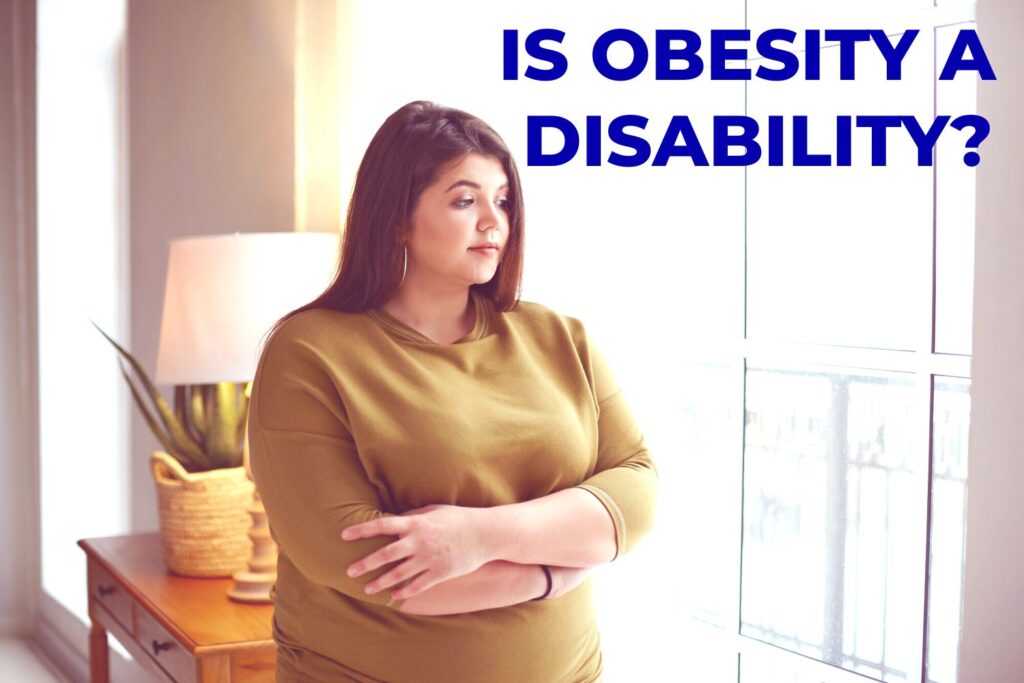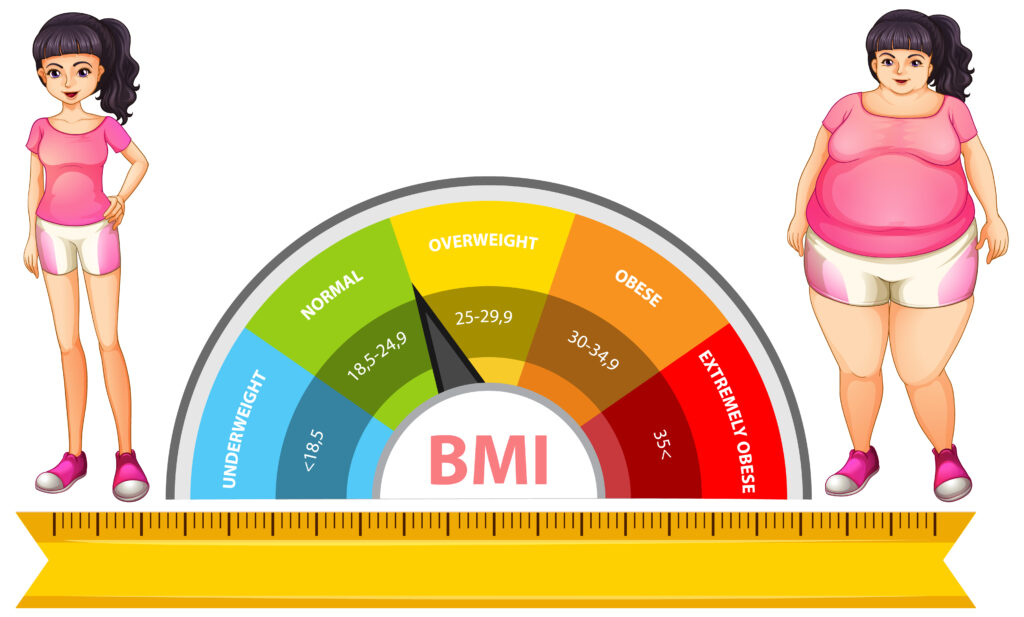
Obesity is rapidly becoming prevalent and is a major health problem in the world which comes with complications like diabetes, heart complications, and high blood pressure. This paper, therefore, examines the current knowledge on obesity, and the arguments that perpetual it to be a disability under the ADA. The discussion is necessary as it influences the situation of all the people experiencing obesity at work and in society. ADA seeks to offer equal protection for individuals with disabilities and the status of obesity as a disability still raises controversy. This blog will cover all the aspects of this argument, legal opinions, medical findings, and real-life consequences of the question – is obesity a disability?
What is Obesity and ADA?
The ADA was enacted with a definition of a disability as a physical or mental impairment that severely limits one or more major life activities. These may be fixed, emergent, or cyclical, manifesting in various degrees of severity or at different points in the person’s life. In general, it is possible to say that obesity is not a disability per se if it is not accompanied by some disease like diabetes or other endocrine diseases. This view, however is gradually being made obsolete by cases being brought before the courts as well as changes in medical opinions.
Legal Perspectives on Obesity as a Disability
It needs to be noted that the weight discriminatory laws differ considerably across various jurisdictions with regard to obesity as a disability. Several state and federal courts in Texas, Louisiana, and Mississippi have, in the course of time, recognized obesity as being a potential disability in anti-discrimination laws in small and large municipalities like New York City. This shift is more important because obesity has become an impediment that affects a person’s existence and recognition of the need for legal protection against discrimination.
For example, in a case of the Eighth Court of Appeals of Texas, it was decided that an employer discriminates against a worker on grounds of her morbid obesity as a disability, even if it originates from a disease. This decision accords with a number of others in other suitable states and suits that point to a tendency towards viewing obesity as a form of disability, albeit not with a cause.
Medical Insights into Obesity
The medical personnel are therefore shifting from the traditional perception of obesity as a simple condition whose cause is overeating to a disease that results from multiple interacting factors such as genetics, environment, and lifestyle. However, the American Academy of Pediatrics has recently made recommendations to be much more active in fighting childhood obesity and has suggested some measures like bariatric surgery and medications to do that. This approach brings out the degree of importance that is accorded to obesity as a health-related issue that needs medical intervention and assistance.
However, the question remains: obesity and the equal opportunity act physically, obesity may reduce major life activities within the domains of locomotion, work, and social contacts. Hence, obesity indeed meets the criteria of the ADA’s definition of a disability since it heavily limits the lives of affected persons.

Practical Implications for Employers
The debate over – is obesity a disability makes employers constantly follow the developments of the laws that govern the issue. If obesity is considered as a disability in a particular region, then the employers are bound to adhere to the specific anti-discrimination regulations. This entails including provisions for obesity in the employee’s workplace through accommodating provisions like altered workstations and shift timetables.
In addition, employers can modify the current templates of job descriptions to include the true nature of physical demands for every job. Employers and employees can, therefore, easily determine whether an employee with obesity can perform the invasion’s duties and responsibilities as a condition with or without a reasonable accommodation.
The Future of Obesity as a Disability
Many a time, the ADA has been discussed in relation to its handling of claims relating to obesity as a disability. The EEOC in the United States has not come up with new guidelines that can confirm that obesity is a disability. Thus, it is a possibility that neither the court nor policymakers will be able to receive comprehensive guidance until a more concrete approach is developed systematically.
Still, the tendency to address obesity as a disability is more apparent now than it was several years ago. Such change has a basis of altering perspective on obesity where it can be considered as an actual disease that receives legal protection from discrimination. While obesity remains a constantly developing topic among people and in medical science, it is possible to assume that more jurisdictions will still act in the same manner.
Final Words
The question “is obesity a disability?” is worthy of consideration from both the legal and the medical point of view and it is also possible to raise practical issues connected with this problem. Some courts and jurisdictions have accepted obesity as a disability in conformity with the ADA, although most of them have not. As a result, employers must continuously ‘update’ themselves about changes in laws and integrate the changes in their policies.
At Direct Preventive Care, we do not just manage illnesses; we prevent them, which gives you a long, healthy life. Our primary care doctors are trained to cure illnesses on the root cause level and focus on personalized consultation. If you are having a hard time losing weight, then don’t fret because we are here to assist you. Call us today to get more details on our broad-spectrum healthcare services.














